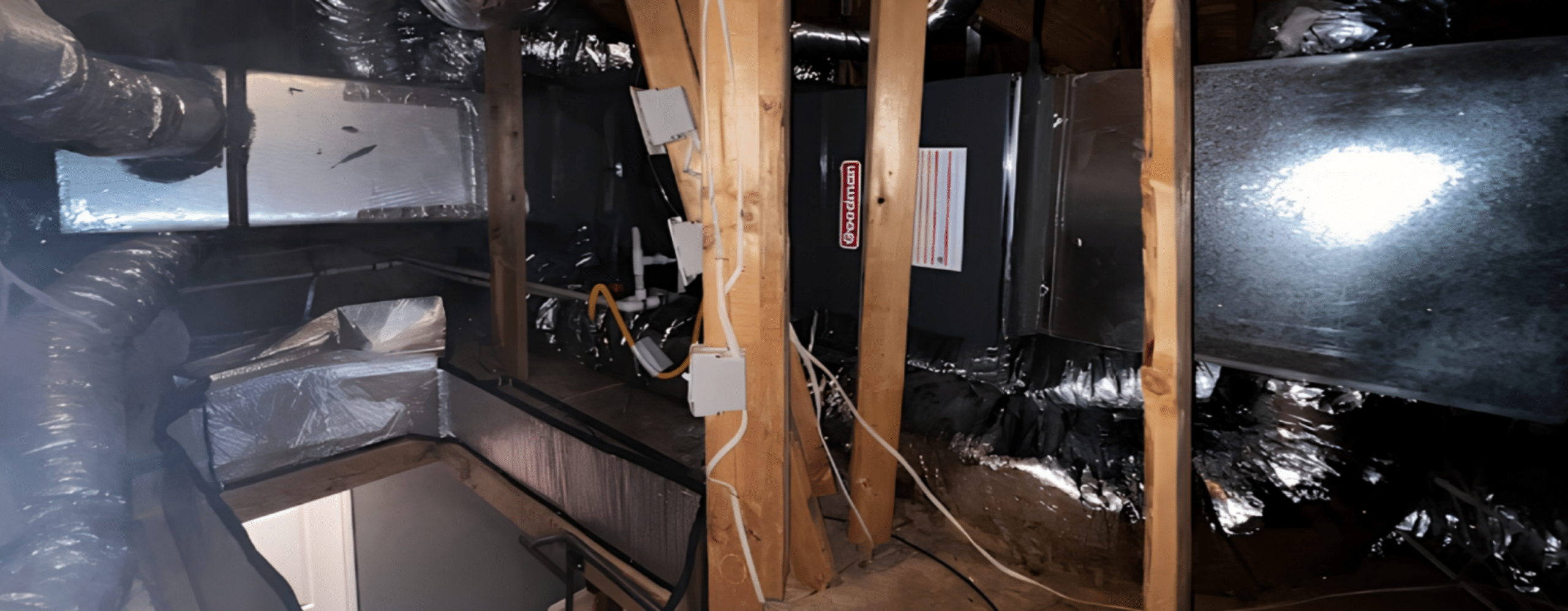
Ventilation In Mckinney, Texas
Heating and air conditioning are crucial for comfort in our homes and workplaces, but the “V” in HVAC—ventilation—is often less understood. Ventilation is essential for maintaining both comfort and air quality. Issues can arise quickly Without adequate ventilation, affecting comfort and health. Problems may include discomfort in stuffy rooms or severe conditions like Sick Building Syndrome in commercial settings.
Contact Us
"*" indicates required fields
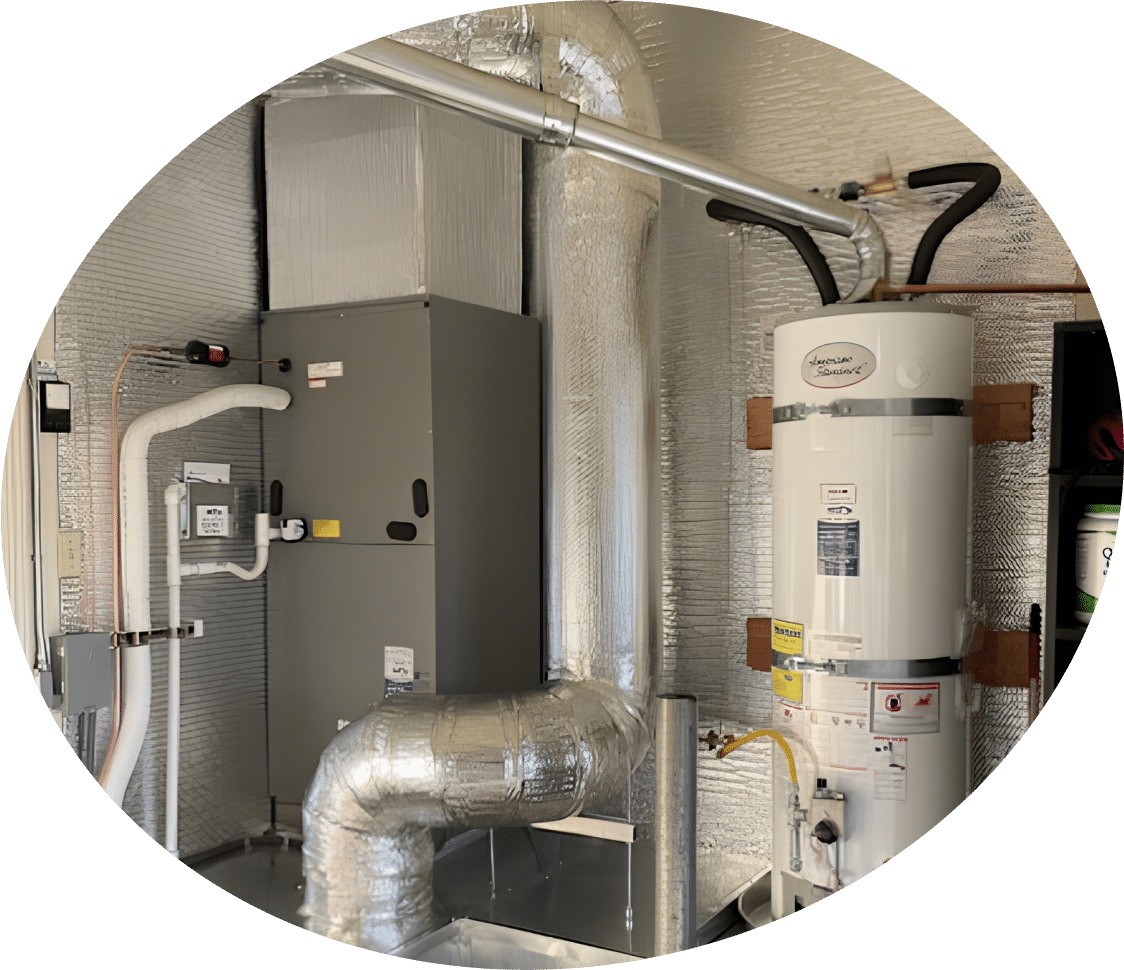
Benefits of Mechanical Ventilation for Air Quality and HVAC Comfort

Mechanical ventilation enhances energy efficiency and provides superior control over the influx of outdoor air and its precise sources, ensuring a more regulated and consistent indoor climate. This system allows for adjusting air flow into the building, making it possible to fine-tune the amount of fresh air introduced based on specific needs and external conditions.
Controlling the Amount of Fresh Air
Excessive outdoor air can disrupt your HVAC system’s efficiency, increasing energy costs and causing air balance issues. Signs of imbalance include doors that open by themselves or unwanted odors migrating from areas like restrooms to customer zones or from kitchens to dining areas. This indicates a need for improved ventilation design.
Controlling the Source of Fresh Air
Mechanical ventilation allows precise control over where outdoor air is sourced and where indoor air is expelled, helping to avoid unwanted odors from nearby sources like restaurants or industrial areas. Properly designed systems ensure intake vents are positioned away from pollutants, and exhaust vents are placed where they won’t cause moisture or pollutant buildup. This strategic air management is key to maintaining a healthy indoor environment, preventing issues like mold, and odors.
Key Features of Ventilation
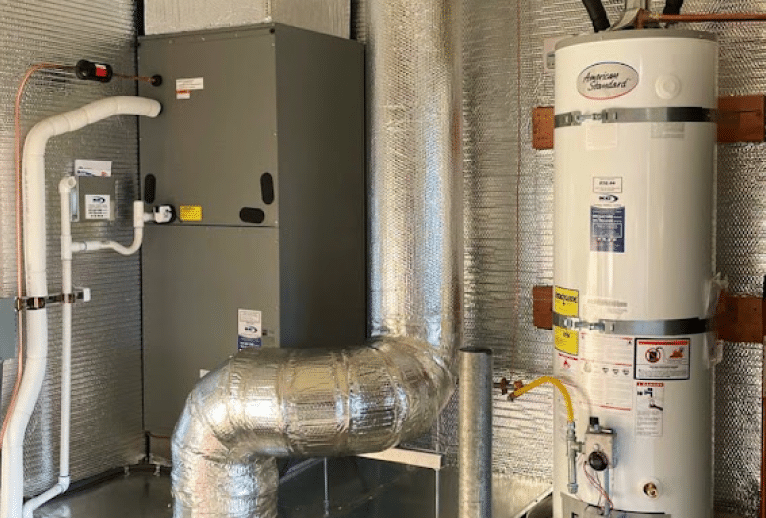
Improved Indoor Air Quality
Ventilation systems play a critical role in maintaining high indoor air quality by removing stale air and introducing fresh outdoor air. Proper ventilation helps reduce the buildup of contaminants such as dust, allergens, and volatile organic compounds (VOCs), creating a healthier environment. This is especially important in homes and businesses where air circulation is limited, preventing the accumulation of harmful pollutants.
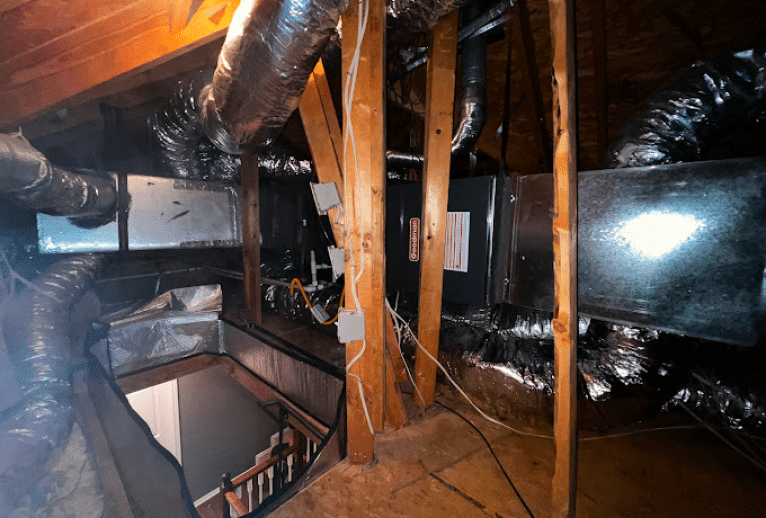
Energy Efficiency and Comfort Control
Modern ventilation systems are designed to improve energy efficiency by regulating the amount of outdoor air entering a space while maintaining optimal indoor temperatures. With better control over air exchange, you can reduce the strain on your HVAC system, lowering energy costs while ensuring consistent comfort. Efficient ventilation balances airflow, minimizing hot or cold spots and enhancing overall comfort levels in your living or working environment.
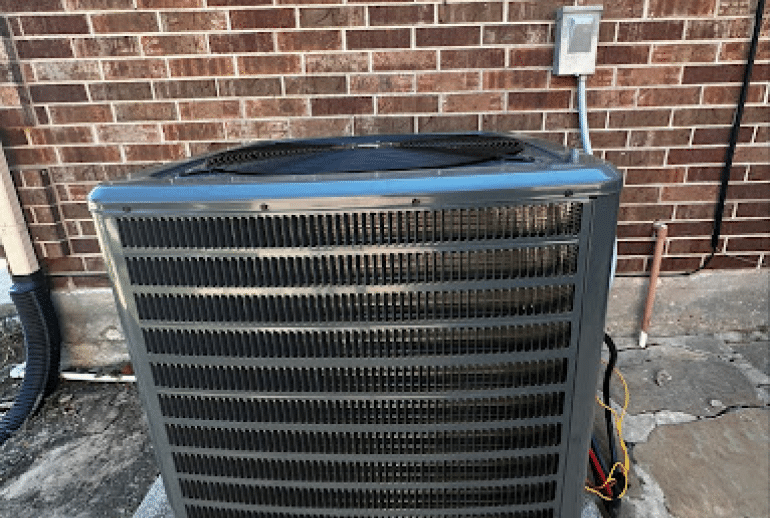
Humidity and Moisture Management
One of the key benefits of a well-designed ventilation system is its ability to manage humidity and moisture levels. By controlling the exchange of indoor and outdoor air, ventilation systems help prevent excessive moisture buildup, which can lead to mold growth, structural damage, and poor air quality. This is especially crucial in areas prone to high humidity, such as bathrooms, kitchens, and basements, where proper ventilation can protect both health and property.

